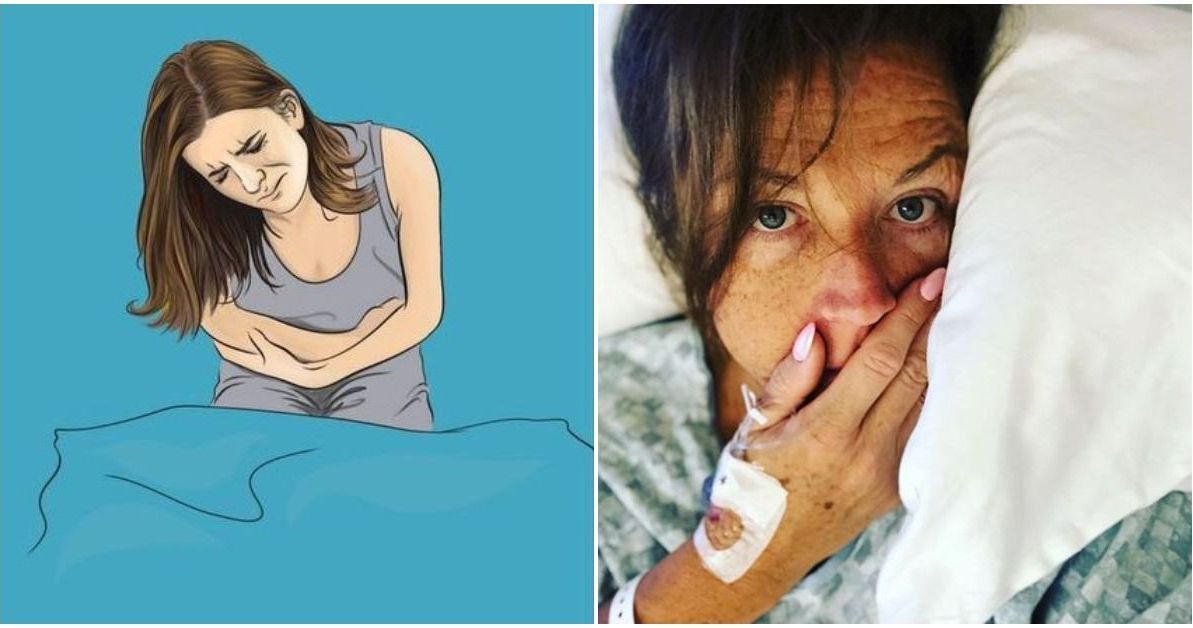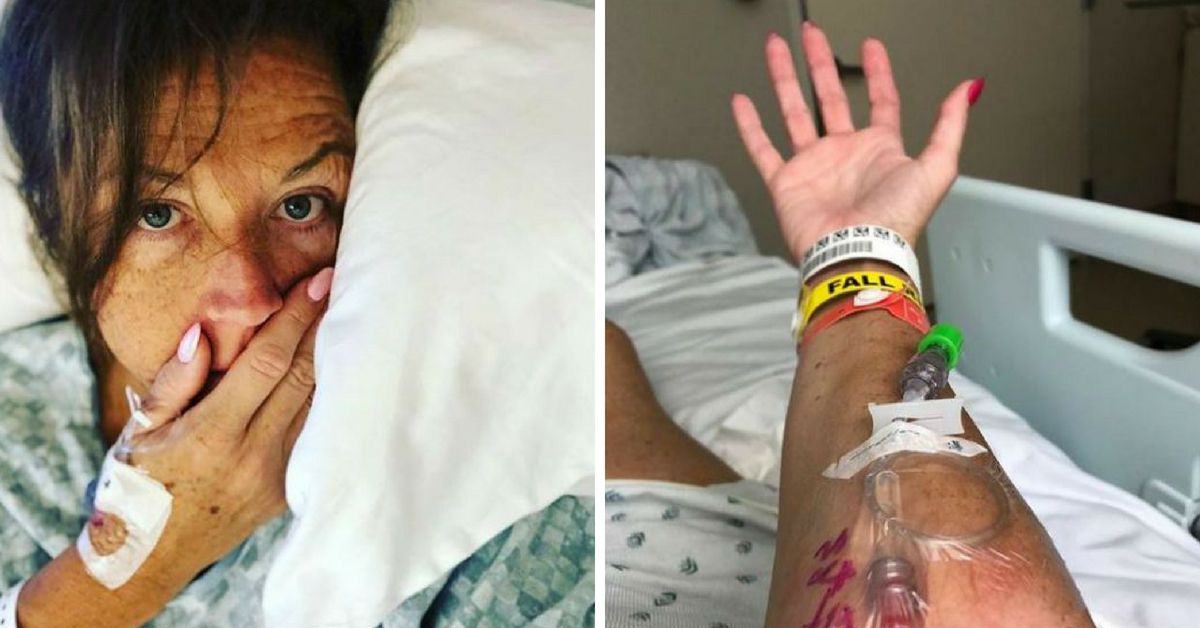This year, more than 70,000 Americans will be diagnosed with non-Hodgkin lymphoma.
While you've probably heard of this disease - especially because celebrities like Gene Wilder and Abby Lee Miller have battled it - we bet you're not sure just what it is.
In fact, NHL (also called lymphoma) is a group of more than 30 cancers with similar symptoms.
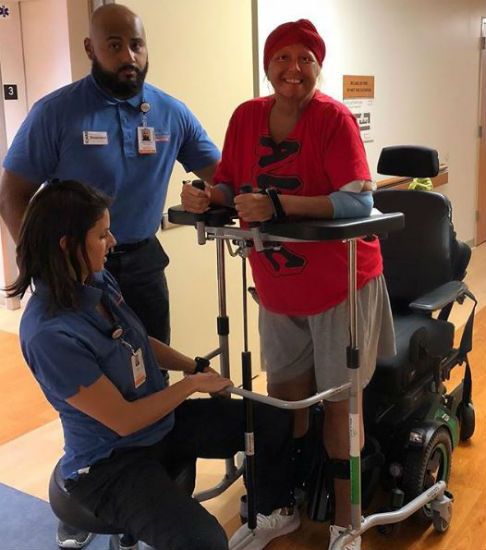
Together, they make up more than 4% of all cancer cases, which is why you should learn more about NHL and its symptoms.
What is non-Hodgkin lymphoma?
The one thing all varieties of NHL have in common is their starting point.
White blood cells (called lymphocytes) are created in your bone marrow.
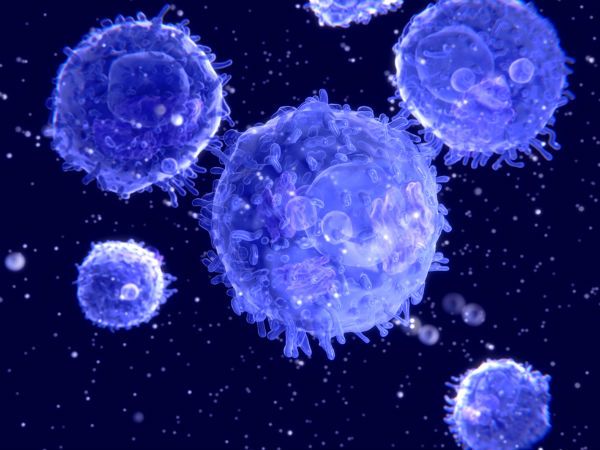
These cells are a crucial part of your body's immune system, and protect you from disease.
Normally, these cells die and are replaced. But some continue to grow and multiply abnormally, creating cancerous cells called lymphoma.
Lymphoma can spread quickly using a network called the lymph system, which connects to organs and lymph tissue throughout your body.
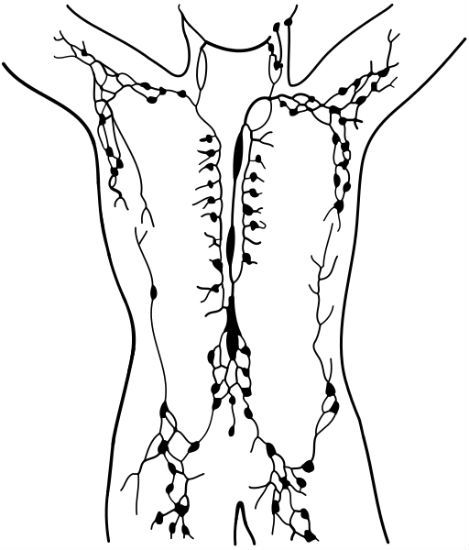
The spleen, bone marrow, tonsils, digestive tract, and an organ behind the heart called the thymus are all popular targets for lymphoma. They all either produce white blood cells or are made from lymph tissue.
In addition, there are bean-sized bits of lymph tissue called lymph nodes spread throughout your body.
It's also common for lymphoma to spread to the brain or liver - but really, no part of your body is safe from this form of cancer.
What are the symptoms of lymphoma?

Lymphoma is a common type of cancer, and a particular risk because it can strike adults or children, women or men (although cases in men are more common).
Your overall health also seems to have little effect on your risk of developing lymphoma.
Most people are diagnosed in their 60s or later, but diagnoses in the 50s are also common.
Symptoms of lymphoma can appear suddenly, or linger without being noticed until the disease has spread to more parts of your body.
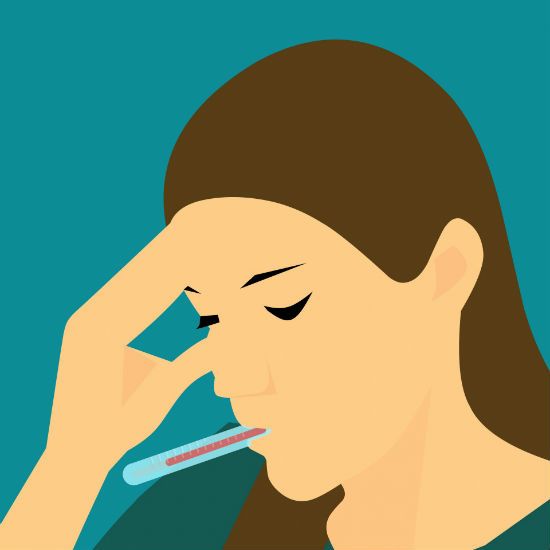
Here are the most common symptoms of lymphoma:
- Swollen lymph nodes in your neck, armpits or groin (they may not be painful).
- Pain or swelling in your abdomen.
- Feeling full after eating a small amount of food.
- Easy bruising or bleeding.
- More frequent infections.
- Chest pain, coughing, and trouble breathing.
- Persistent fatigue.
- Fever or chills.
- Night sweats.
- Unexplained weight loss.
Sometimes, lymphomas can even be felt under the skin, as itchy red or purple bumps.
Because your immune system may be compromised by the disease, you're more vulnerable to illness and infections while living with lymphoma.
How is non-Hodgkin lymphoma treated?
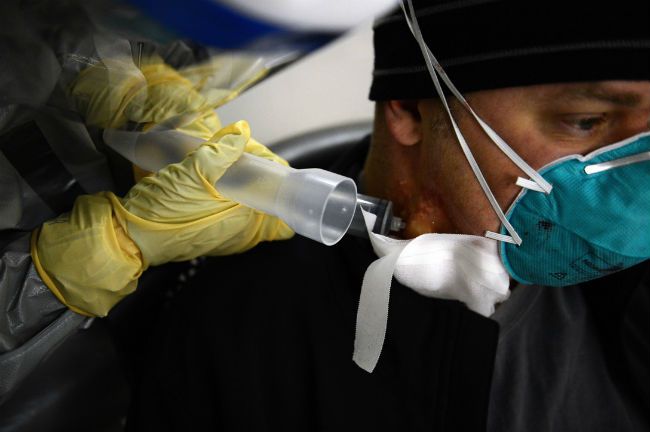
As far as prevention goes, the best you can do to avoid non-Hodgkin lymphoma is stay in shape and get regular checkups from your doctor.
A weakened immune system (from an organ transplant, or certain medicines) seems to increase your risk of developing lymphoma.
Viruses like Epstein-Barr, HIV, and the ulcer-causing virus heliobacter pylori also seem to increase your lymphoma risk.
Research seems to show that exposure to certain pesticides and insecticides also increases you risk.

Before determining your treatment, doctors have to identify which kind of lymphoma you have, usually with a biopsy.
There are two main types of white blood cells, and so two main types of lymphoma:
- B cells protect against germs by building protective proteins called antibodies. B cell lymphoma is the most common form.
- T cells destroy germs and other cells in your body. They also control the activity of cells in your immune system.
Your lymphomas will either be indolent (slow-spreading) or aggressive (quick-spreading). Patients with indolent lymphoma don't always need treatment right away.
Chemotherapy and radiotherapy are the two most common treatments, although special antibody therapy is sometimes used.
Even after your doctor gives you a clean bill of health, NHL patients have a higher risk of developing another type of cancer.
But the good news is the disease has a survival rate of about 70% - so your chances of beating it are excellent.
[H/T: American Cancer Society, Cancer.gov, Mayo Clinic, NHS]
